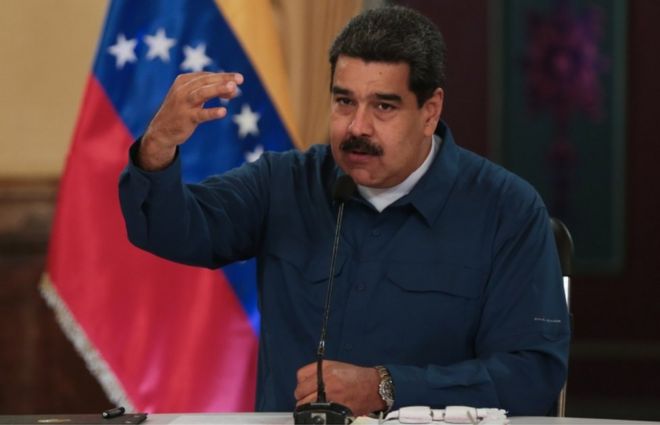 EPA
EPA
Venezuela's president has said its subsidised fuel prices should rise, to stop smugglers cheating the country out of millions of dollars.
"Gasoline must be sold at an international price to stop smuggling to Colombia and the Caribbean," Nicolás Maduro said in a televised address.
Like many oil producing nations, Venezuela offers its citizens heavily subsidised petrol.
Smugglers can then line their pockets reselling the oil in nearby countries.
Venezuela's economy is in freefall, with inflation rates estimated to reach a million percent this year - but the price of oil has barely changed.
- Venezuela crisis: How did we get here?
- Venezuela deploys soldiers to markets
- Profile: Venezuela's controversial leader Nicolás Maduro
Local media report that a cup of coffee costs around 2.2 million bolivars (around $0.50 £0.39 at black market rates). For the same price, you can fill a small SUV with petrol almost 9,000 times.
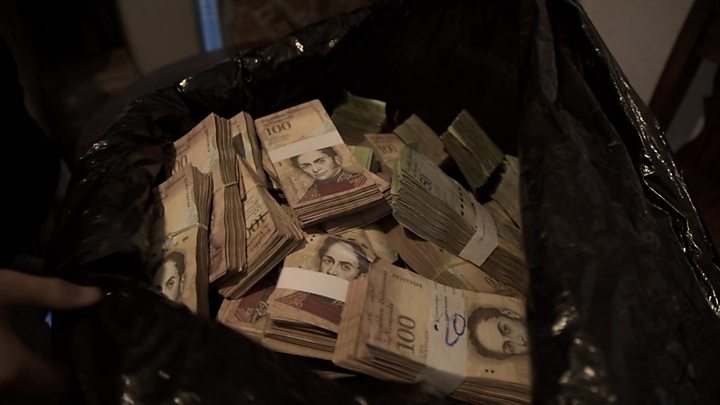
The move to curb fuel subsidies is part of a wider plan to increase government revenues, BBC correspondents say.
Mr Maduro said "direct subsidies" would still be given to citizens with state ID cards, if they registered their cars in a government census - but he did not make clear how the scheme would work.
Many Venezuelans opposed to Mr Maduro's government refuse to use the ID cards, however.
What's at the root of Venezuela's economic crisis?
Venezuela is rich in oil. It has the largest proven oil reserves in the world. But it is arguably precisely this wealth that is also at the root of many of its economic problems.
Venezuela's oil revenues account for about 95% of its export earnings. This means that when oil prices were high, a lot of money was flowing into the coffers of the Venezuelan government.
When socialist President Hugo Chávez was in power, from February 1999 until his death in March 2013, he used some of that money to finance generous social programmes to reduce inequality and poverty.
But when oil prices dropped sharply in 2014, the government was suddenly faced with a gaping hole in its finances and had to cut back on some of its most popular programmes.
How did inflation spiral out of control?
Hyperinflation has been driven up by the government's willingness to print extra money and its readiness to regularly increase the minimum wage in an effort to regain some of its popularity with Venezuela's poor.
The government is also increasingly struggling to get credit after it defaulted on some of its government bonds.
With creditors less likely to take the risk of investing in Venezuela, the government has again taken to printing more money, further undermining its value and stoking inflation.
- Venezuela deploys soldiers to markets to check prices
- How Venezuela's crisis developed and worsened
- Venezuela's leader Nicolás Maduro divides opinion
- Venezuela profile - Timeline
- Why mums-to-be are fleeing Venezuela
- Venezuela to raise minimum wage despite economic crisis
- How people live in cash-strapped Venezuela
- Venezuela doctor on how hospitals are at breaking point
Latin America & Caribbean
SPORT Brazilian Ronaldo in hospital
- 13 August 2018
- Football
Minister resigns over rights museum row
- 14 August 2018
- Latin America & Caribbean

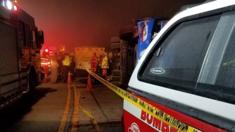

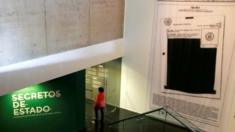
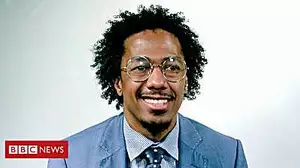
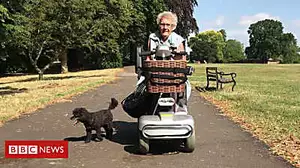
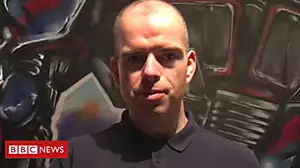
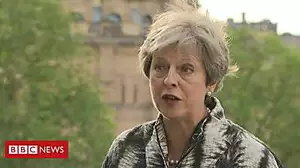
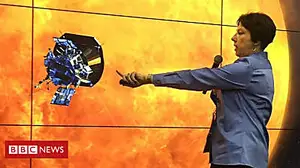
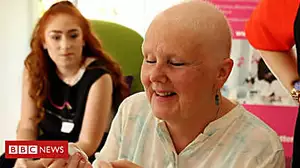
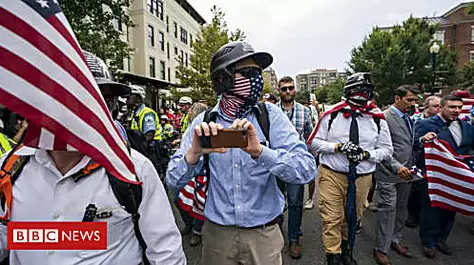
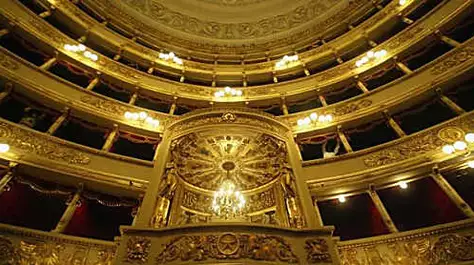
No comments:
Post a Comment